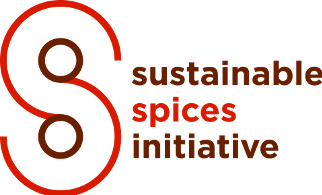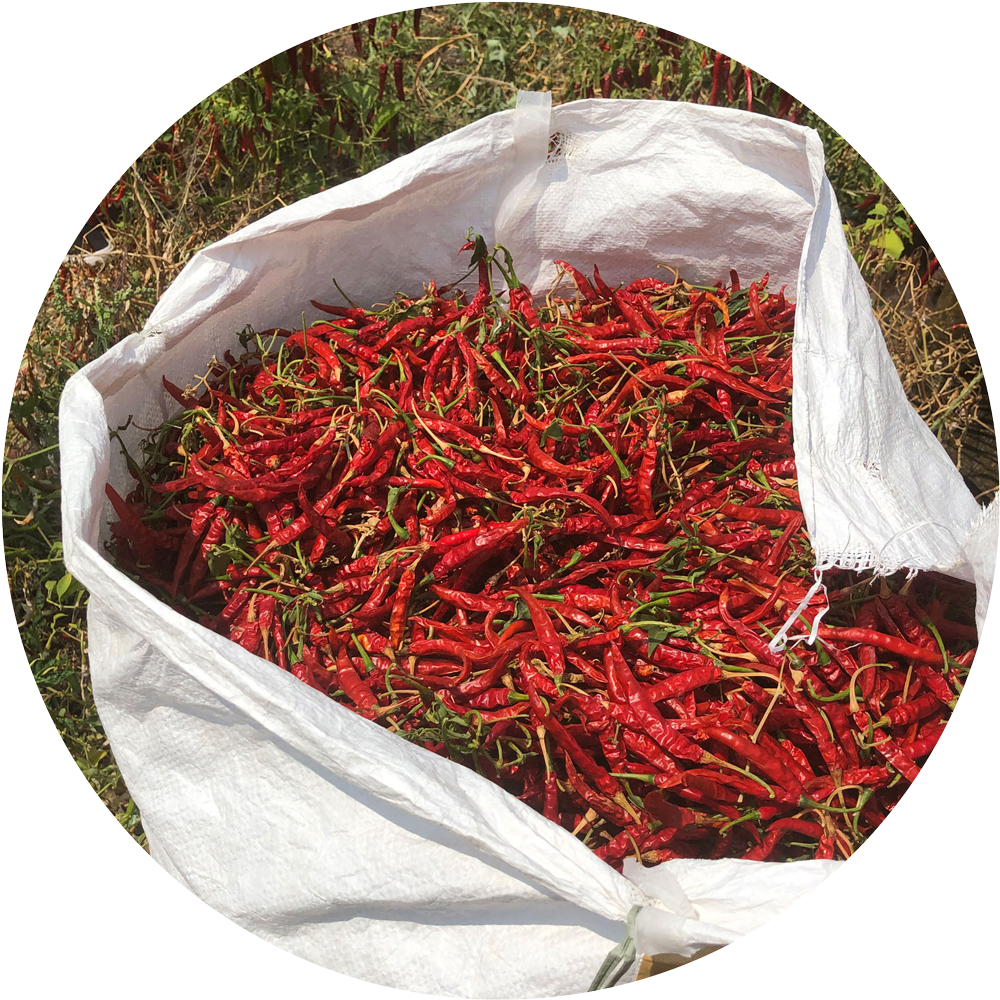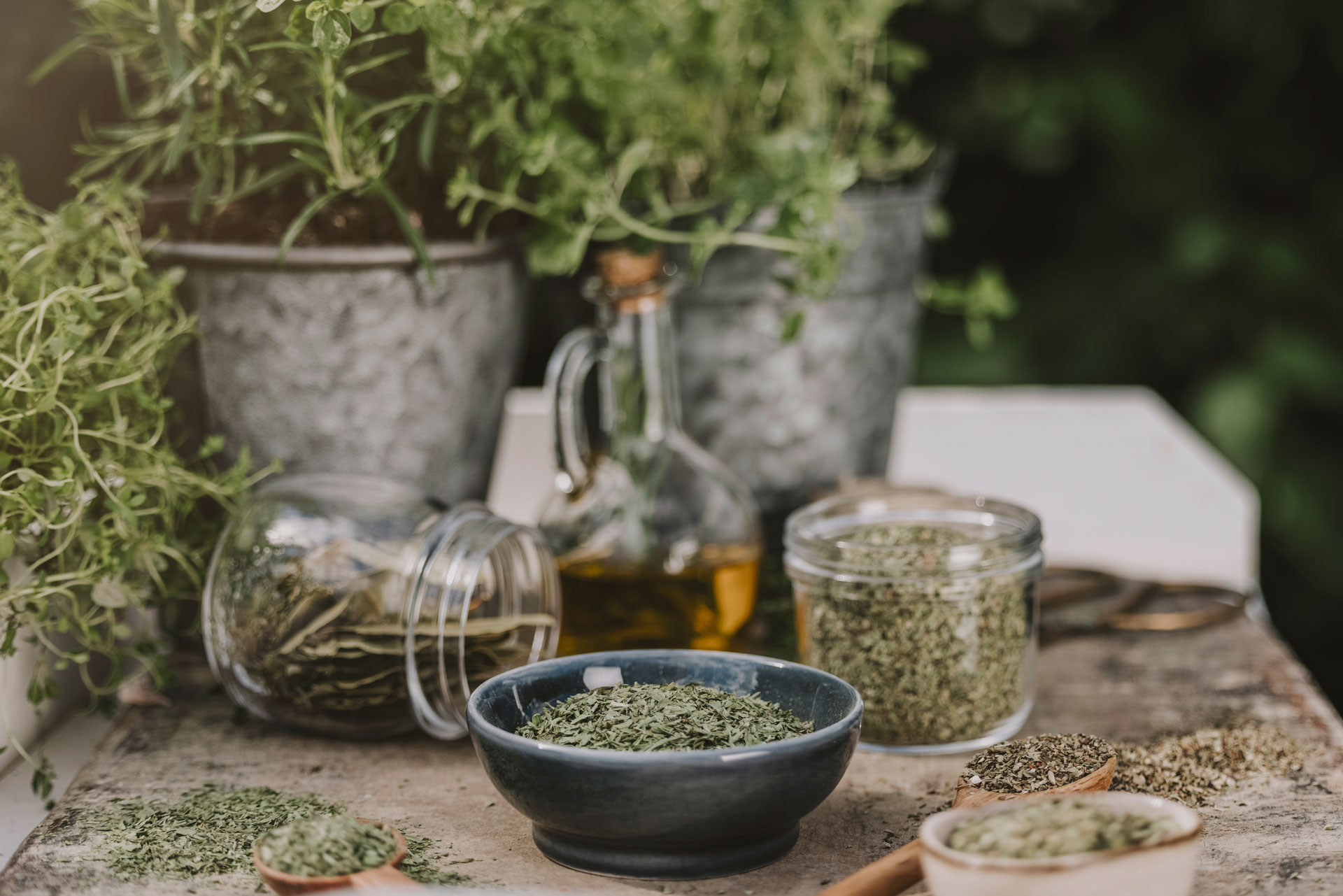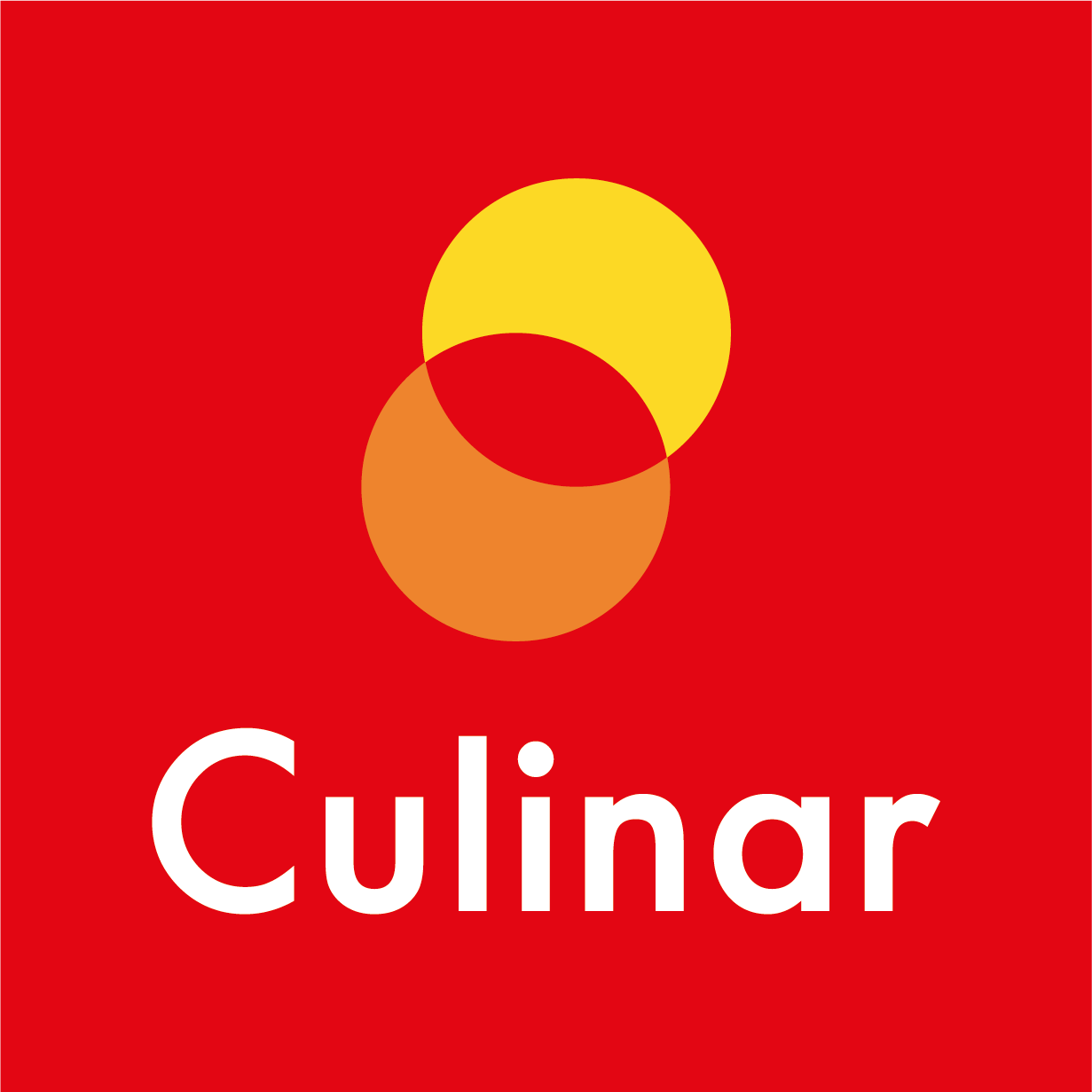Global supplier cultivation and working conditions
Every year, we import several thousand tonnes of spices and herbs from all over the world for our flavor operations. It is therefore essential to the long-term survival of our business that these are cultivated in a sustainable way. Our ingredients and products must also be safe, genuine, and of good quality.
One important pillar in our work is our collaboration with the Sustainable Spices Initiative (SSI), of which Culinar’s Swedish operations are an active member. We use the SSI’s definitions of sustainable spices and our goals have thus far been in line with the SSI’s requirements. But during the past year we have far exceeded the goals for pepper and turmeric, and have therefore decided to expand our ambitions still further. Our new goal for 2025 is for the proportion of sustainable purchases (according to the SSI’s definition) for turmeric to be at least 50%, while the corresponding goal for pepper is 40% and for chili we maintain the SSI level of 25%. During the year we have also launched our Rainforest Alliance certified black pepper. You can read more about this on page 39. Outcome for the year in relation to our goals for sustainable purchases
– Turmeric 70%
– Pepper 42%
– Chili 8%

Sustainable Spices Initiative (SSI)
The SSI is a global platform that brings together actors throughout the herbs and spices supply chain that are willing to collaborate. The SSI supports the Sustainable Agriculture Initiative’s definition of sustainable agriculture: “the efficient production of safe, high quality agricultural products, in a way that protects the natural environment, improves the social and economic conditions of farmers, their employees and local communities and safeguards the health and welfare of all farmed species”.
To assess the sustainability of ingredients, the SSI uses a portfolio of different and certifications within both social and environmental sustainability. If the supplier complies with the selected standards, the ingredient is defined as sustainable. In addition to this, the SSI also works with specific projects linked to a particular spice or geographic area, which might involve increasing the farmers’ knowledge of sustainable cultivation.
All member companies must undertake to set targets that agree with the SSI requirements, and to report ongoing results to the SSI.
Supplier follow-up
Our supplier code of conduct and supplier audits form important tools for managing sustainability risks in the cultivation stage. Our code of conduct clearly links our requirements to international conventions and guidance such as the UN’s Guiding Principles on Business and Human Rights, and the Convention on the Rights of the Child. Our intention is thus to help reinforce implementation of these conventions in the supplier chain and to promote continued development of sustainable cultivation.
We value long-term relationships with suppliers. Consequently, we have developed our contacts with suppliers in Sedex, where we have become AB members. This means we have the opportunity to share information, reports, action plans, etc., with suppliers who are also members of Sedex. This is a valuable complement to our risk evaluation of. We continuously visit and audit our suppliers both for product safety and compliance with our code of conduct. We then work together to implement improvements within these areas.

The spice trade – a global business with challenges
The spice trade is a complex one, where a large proportion of spices are grown by small companies in developing countries. Small-scale cultivation has many advantages, including for biodiversity, but also bring risks of low pay and poor working conditions for the farmer, their family, and any employees. In some cases the families have no finances or opportunities to allow the children to go to school, so instead they must stay at home and help out with cultivation. As spices are used in most food products and consumed all over the world, demand is expected to increase in line with the globally increasing population. Secure supplies of spices for a growing population will only be possible if spice production gives an economically attractive and sustainable income for the grower, as they are increasingly leaving agriculture for more secure sources of income.

Food safety
Safe raw materials of the right quality are a foundation of our business, and obtaining them can be a major challenge in our turbulent times. So it is particularly important for us to evaluate each raw material and as far as possible to verify these characteristics. We examine aspects including:
– Cultivation certification
– Certification of production and processes
– Quality characteristics defined according to ISO standards
– Specific risks linked to the raw material
– Unique inspection programs for each raw material
– Long-term collaborations with suppliers



